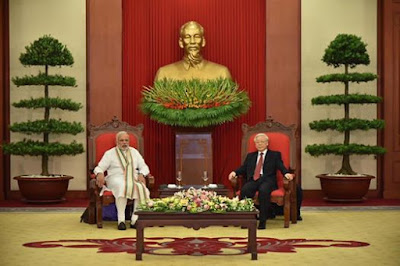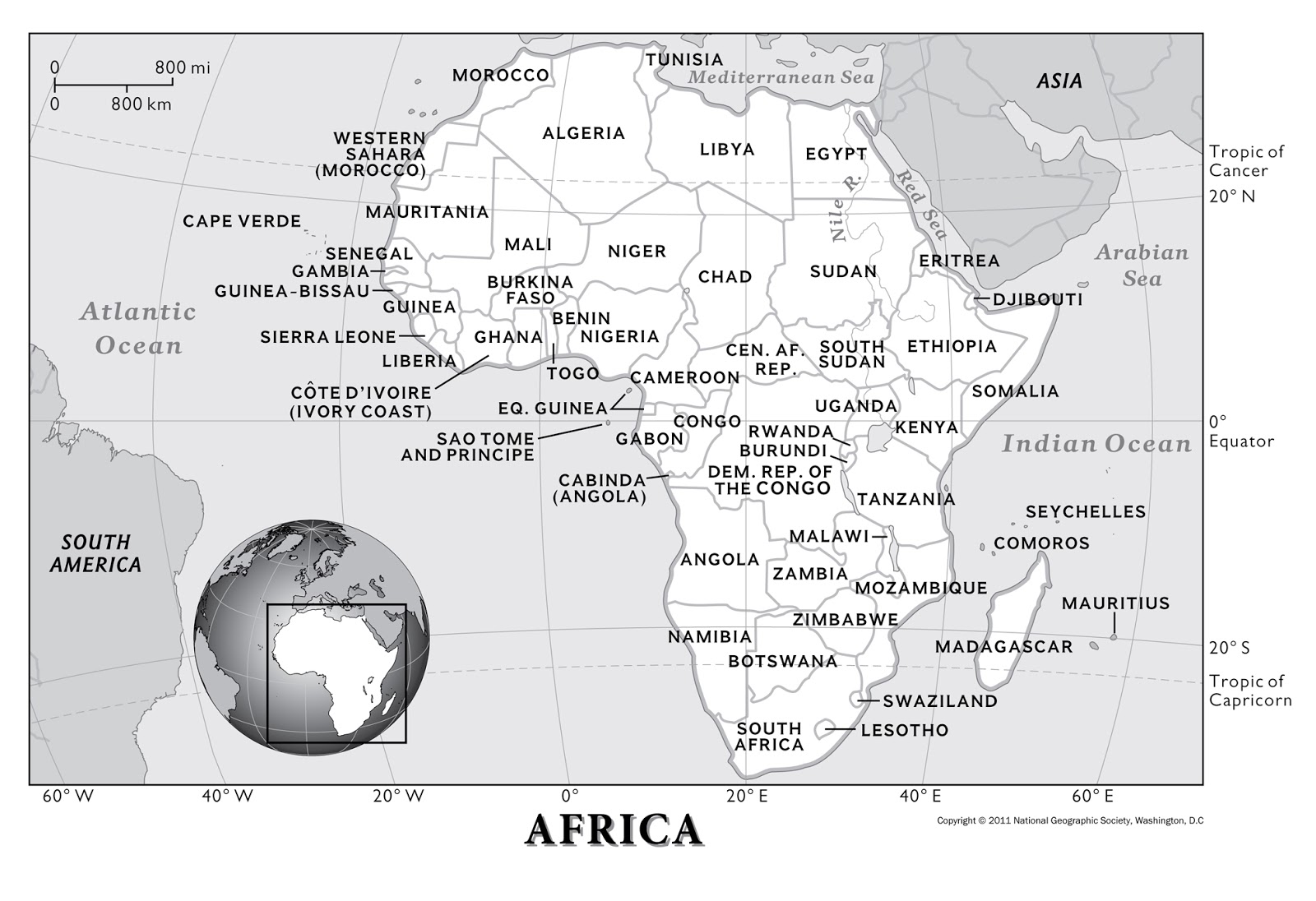India-Vietnam's Comprehensive Strategic Partnership to Counter China
India is moving East to woo China's rivals in South China Disputes, and it is the time that India should arm them to counter the rise of China.
 |
| [Prime Minister Narendra Modi calls on Nguyen Phu Trong, General Secretary of Vietnamese Communist Party on Saturday on his two-day tour to Vietnam.] |
Indian Prime Minister Narendra Modi called Vietnam "a strong pillar of India's Act East Policy" during his meeting with Vietnamese Communist Party General Secretary Nguyen Phu Trong on Saturday before heading to China to participate in G20 summit.
He added,"our bilateral ties are based on strong mutual trust, and understanding, and convergence of views on various regional and international issues."
Act East Policy, transformed from "Look East", was launched in 2014 under the leadership of PM Modi. The policy aims at developing comprehensive cooperation with Asia Pacific nations in various fields including economic, politics and defense, and it has been deemed as the move to counter China's rise.
In response, Mr. Trong expressed his firm support for Indian "Act East" and appreciation to India's principled position over South China Sea disputes.
Generally, India's stance on South China Sea is not taking side but recognized Permanent Court of Arbitration's decision, which rejects China's claim, based on the "unilaterally drawn Nine-Dash Line map", over most of South China Sea ; it reiterates its call on claimant states to resolve disputes in a peaceful manner and uphold international laws, freedom of navigation and over flight.
India reinvigorates defense tie with Vietnam, upgrades strategic partnership
PM Modi, who becomes the first Indian prime minister to visit Vietnam in 15 years, held bilateral talks with his Vietnamese counterpart Nguyen Xuan Phuc, later on announcing in the joint press conference that two countries decided to elevate their relation from a strategic to a comprehensive strategic partnership.
The two leaders also signed 12 bilateral agreements ranging from trade to cyber security to defense cooperation, expecting to boost the bilateral ties under the new framework of comprehensive strategic partnership.
Noticeably, Indian PM pledged $500 million aid to help Vietnam bolster its defense capability, paving the way for future deeper defense cooperation. Recently, Vietnam has shown its interest in purchasing India's domestically produced missile "BrahMos", but the negotiation with India has not been made. There is also no report that the leaders of the two countries have begun the BrahMos talks during their vis-a-vis meeting.



Comments
Post a Comment